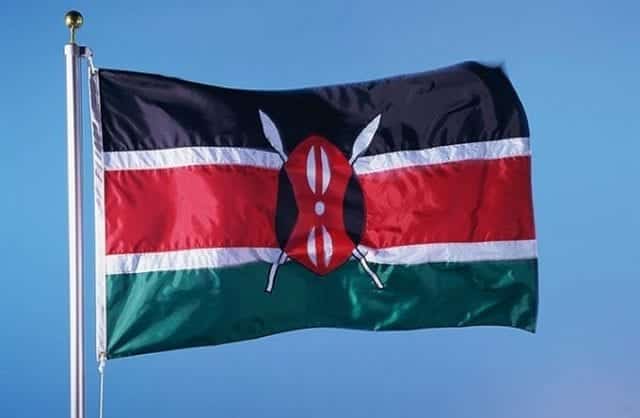
Under-estimated potential of the Kenyan artistic industry:The Kenyan literary and artistic scene was abuzz with surprises this week. Actor Kajwang was hospitalized in Nairobi for an eye surgery and caused a beeline of all and sundry to his bedside to offer their sympathies.
The jostling for photo opportunity with the ailing Kajwang was pathetic since the actor was at all times resident in Kenya. Had they cared earlier, Cabinet Secretaries Wario of Culture and Matiang’i of Information or the Nairobi Senator Mike Sonko would have known of his predicament and those of fellow heroes and heroines.
This week also saw the demise of Grace Ogot, the undisputed mother of Kenyan literature. Rest in peace our illustrious daughter. You have left behind indelible footprints in the Kenyan literary and political scene where you walked like a giant. Soon we expect to hear many people tell stories of how great Grace Ogot was. Where were these people when Grace Ogot was alive? If Kenyans truly cared for posterity, they should have put her name on the Wall of Fame.
This brings us 10,000 miles away from home. Ngugi wa Thiong’o, by far Kenya’s best and brightest literary mind, was this week welcomed with a standing ovation when he stood up to give a public lecture at the Kennesaw State University in Georgia, United States.
Ngugi who is currently Distinguished Professor of English and Comparative Literature at the University of California, Irvine, has made career as a prolific novelist, essayist, playwright and academic. As a perennial finalist for the Nobel Prize in Literature, Ngugi is most notable for his persona which is free from the trappings of fame and prestige accorded to people who have his excellent profile.
For years known as James Ngugi the author of the famous high school literature set-book The River Between, Ngugi dropped his European name and became Ngugi wa Thiong’o. He co-authored a controversial play, Ngaahikia Ndenda (I Will Marry When I Want) with Ngugi wa Mirii, which was performed in an open air theatre at Kamirithu Educational and Cultural Center, Limuru, which is close to his rural home.
Delivered in his mother tongue of Gikuyu, this critique of corruption, injustice and inequality in post-independence Kenya was so sharp, it attracted the wrath of the government which razed down the cultural center and whisked Ngugi wa Thiong’o to prison without trial.
While in prison, Ngugi wrote his memoir, Detained: A Writer’s Prison Diary. And while on a visit to London to launch and promote his book, Devil on the Cross, Ngugi felt his life was threatened in Kenya and opted to stay in exile to this day.
The irony is that, the promotion of local languages for which Ngugi was vilified by many people in Kenya in 1977 has now become the order of the day, with the sharp rise of FM radio stations broadcasting in regional dialects. Ngugi believes that local languages are strong tools that could open the flood gates of empowerment in education, cultural awareness, job creation and peace efforts across Africa and globally.
By Leonard Njoroge,Diaspora Messenger contributor – Email: njorogelg@yahoo.com







